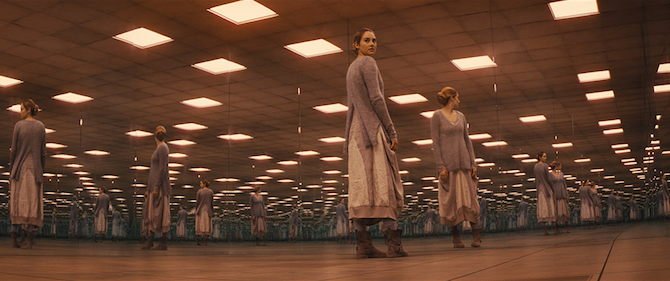
If I could make the world as pure
And strange as what I see
I’d put you in a mirror
I’d put in front of me
(Lou Reed)
I recently heard a song called Dreamboat. I had no idea who it was by or what it was called but I knew that it was from the 1950s so I trawled my collection of 50’s records but could not find it anywhere then, to the great derision of my friend, I discovered that the song was from 2014.
Dreamboat, sail across the ocean
Your love, sets my heart in motion
Dreamboat, drift away with me
The lyrics worked because they appeal very directly to the heart, yet are also abstract.
Many theories for a simple world have been formulated but, as with most theories, they do not work in practice, either because they are unfeasible or because people corrupt the power that comes with them.
The 1998 film Pleasantville is set in a black and white American dream, however once the moral foundations are broken colour starts to come into the black and white world and with it fear, hatred and jealousy.
The scientist Nikola Tesla had little business sense and although he invented the radio years before Marconi he did not have the economic drive of his competitors. (Edison set out to discredit Tesla by getting cats and dogs to drink, in public, from water that was wired with Tesla’s new theory of alternating current (AC) and then set out to show that his Direct Current (DC) was superior by using it for capital punishment (the prisoner failed to die so and, to the embarrassment of Edison, had to be electrocuted a second time), meanwhile Tesla proved that AC was not as dangerous as Edison said by running millions of volts through himself and letting it form sparks from his hands to light lamps- he even found that electrical vibrations could cure constipation- although when Mark Twain decided to try it he did not heed Tesla’s warning about the time limit and had to send for some clean clothes). This is consistent with many inventors, writers- those folks who change the world whose ideals are exploited by those who only think of money. Innocence is seen as a vice when rather it is one of the greatest virtues.
I was recently told that ten is too old to read Enid Blyton books. With the invent of selfie-culture and social media it seems that more and more children and young people are losing the innocence of childhood at a younger and younger age and not only does this damage their development but it also creates more isolation, hence the rise of internet dating, ignoring that maths (I+LOW= -Rs) (Internet + Loss/Lack Of Will = Negative Results), now in Pleasantville one would go up to another and say ‘gee I think you are swell, would you, maybe, like to get a milkshake with me, shucks?’ however, in the modern world, the innocence of the Teslas is lost and with it we are losing more than we can stand to loose and once innocence is gone it can never be gotten back.
‘till next time


